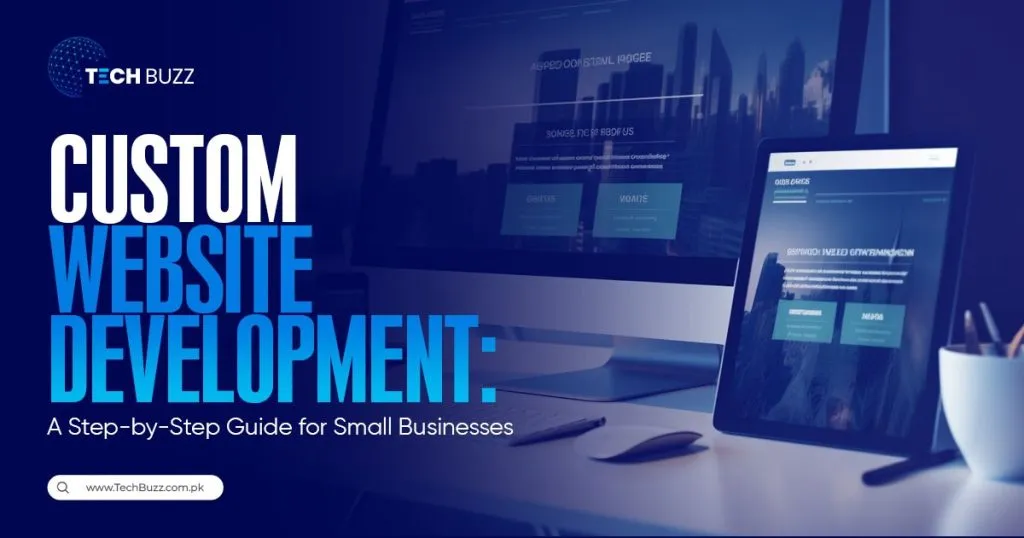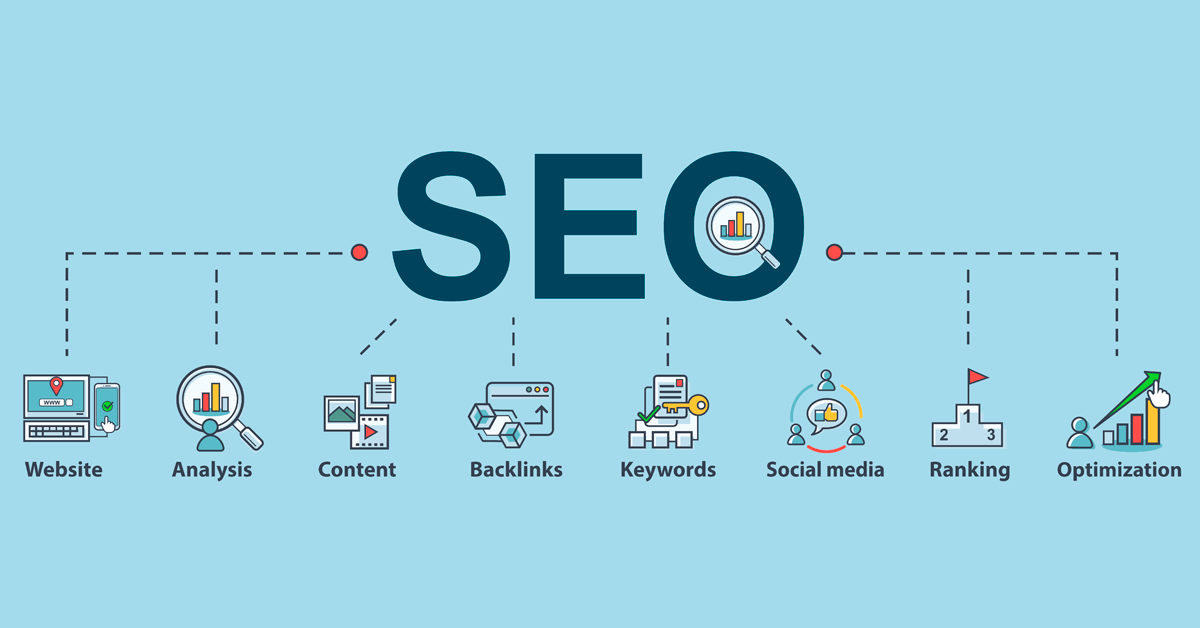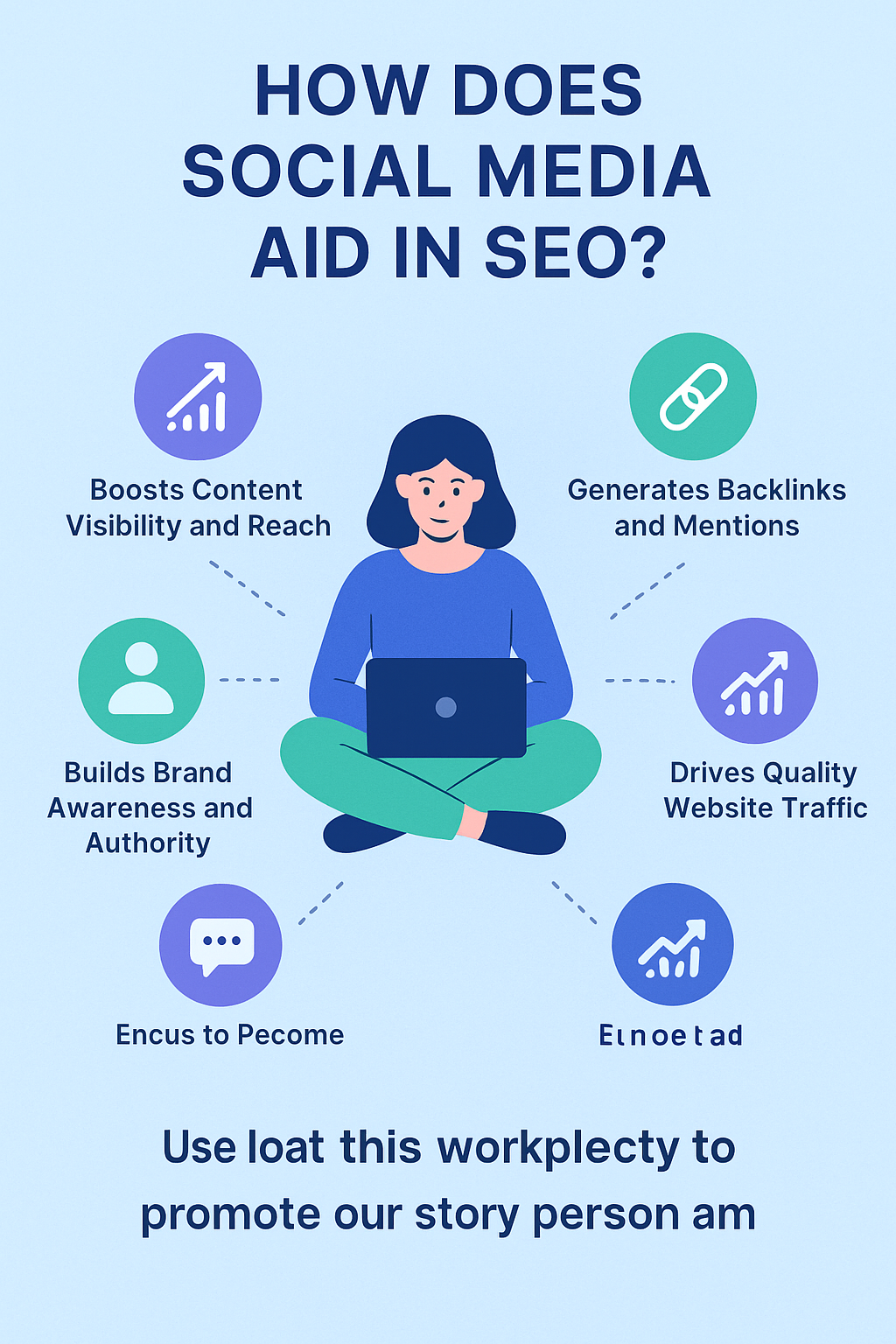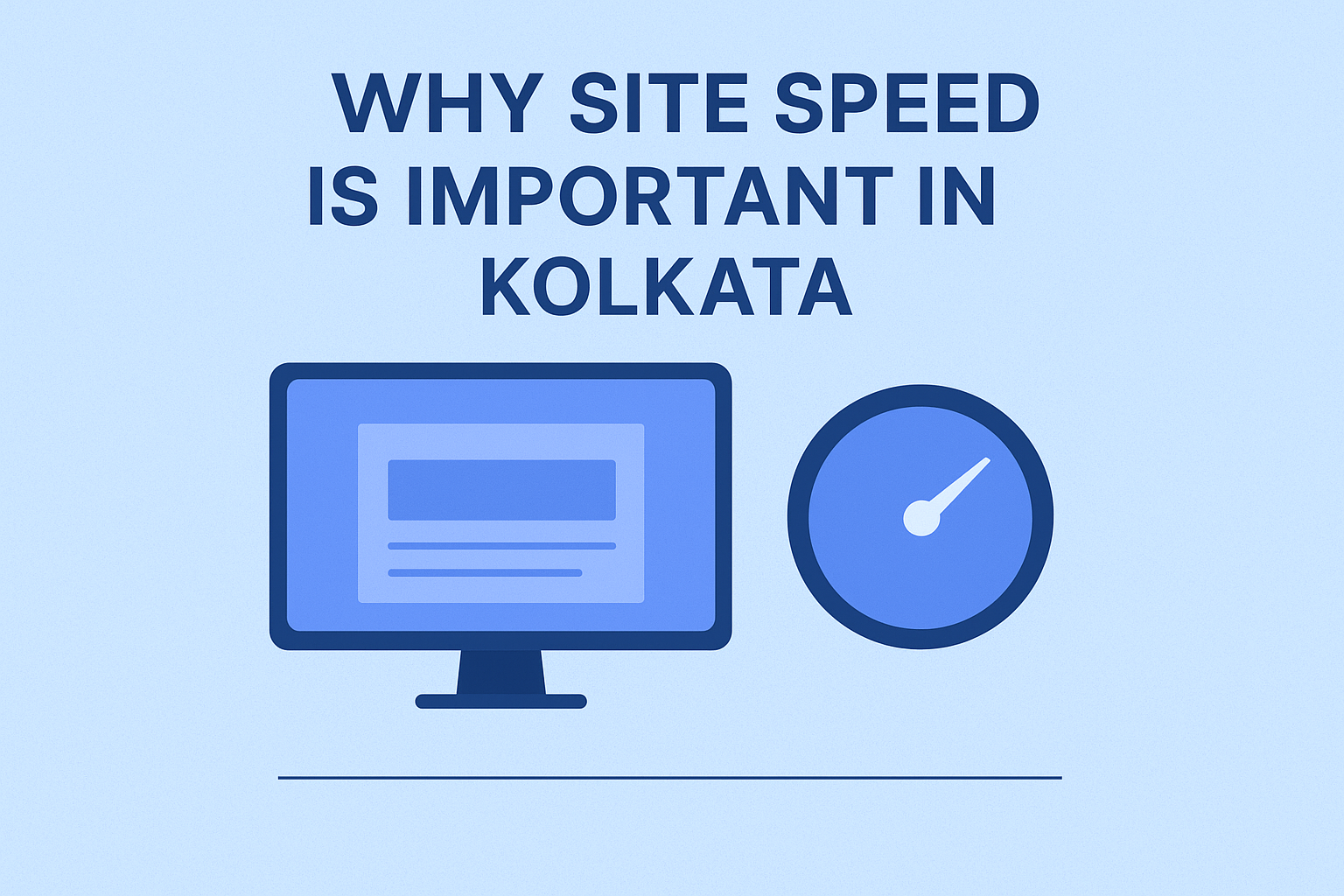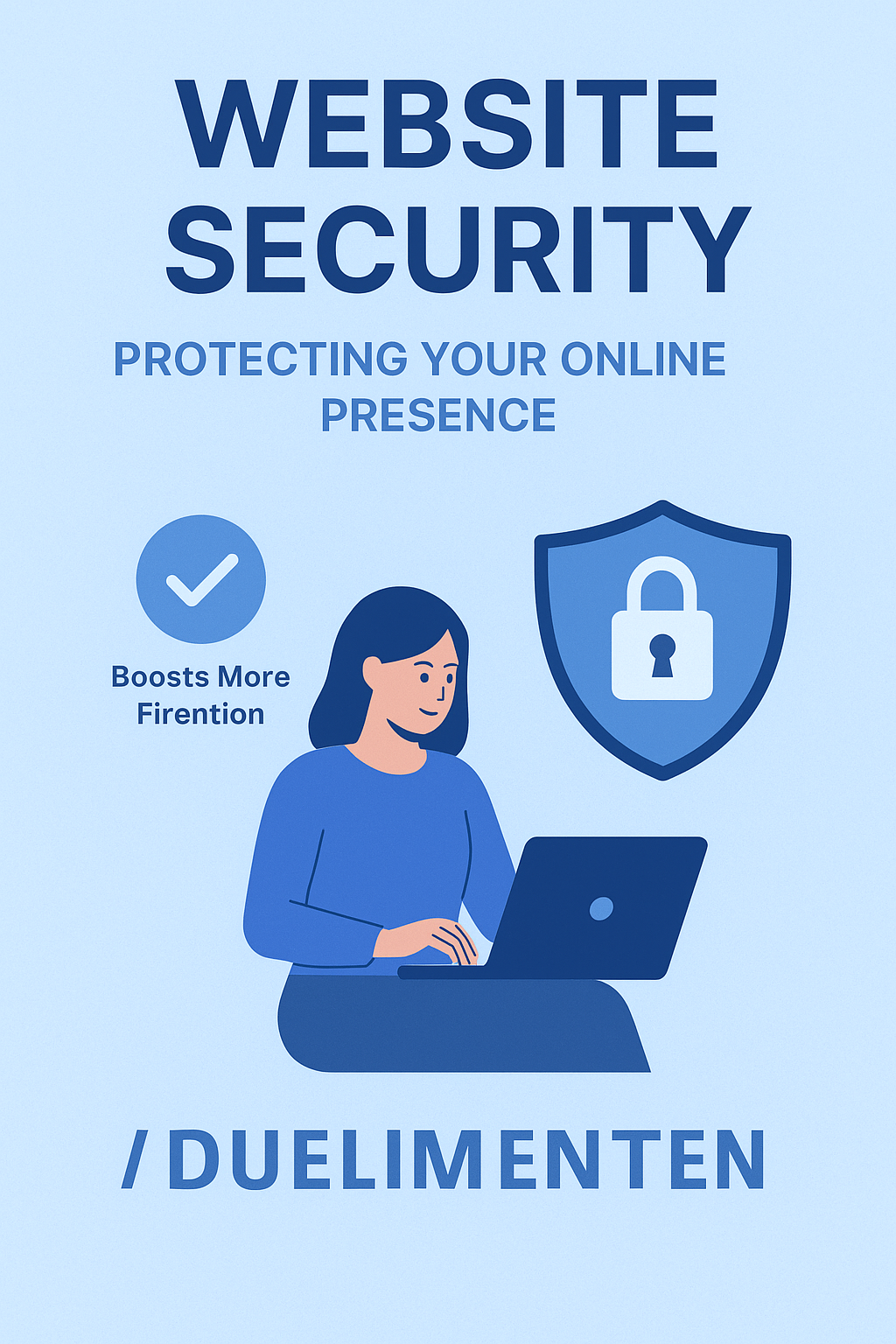
Website Security – Protecting Your Online Presence
In today’s digital-first world, your website is more than just an online identity — it’s the foundation of your business. Whether you run an e-commerce store, a corporate website, or a service-based platform, maintaining a secure online presence is essential. With increasing cyber threats, website security is no longer a technical choice — it’s a business necessity.
Why Website Security Matters
Your website acts as the digital face of your brand. It stores sensitive information, processes transactions, and interacts with customers. A single security breach can result in data loss, financial damage, and reputational harm that takes years to recover from.
Here’s why website security should be a top priority:
-
Protects Data: Safeguards sensitive information like customer details, payment data, and business records.
-
Builds Trust: Visitors are more likely to engage with and purchase from a secure website.
-
Improves SEO: Google prioritizes HTTPS-secured websites in search rankings.
-
Prevents Downtime: A secure website stays functional and prevents loss of revenue from attacks or defacement.
Common Website Security Threats
-
Malware and Viruses: Malicious software that can steal information, redirect users, or crash your website.
-
Phishing Attacks: Deceptive emails or websites designed to trick users into sharing confidential data.
-
DDoS (Distributed Denial of Service) Attacks: Overloads your website with traffic, making it unavailable to real users.
-
SQL Injection: Hackers exploit weak database security to access or manipulate stored information.
-
Brute Force Attacks: Automated attempts to guess passwords and gain unauthorized access.
How to Protect Your Website
1. Install SSL Certificates
SSL (Secure Socket Layer) encrypts communication between your website and its users. It’s essential for building trust and ensuring secure transactions.
2. Keep Software Updated
Outdated CMS platforms, themes, and plugins are prime entry points for hackers. Regular updates close these vulnerabilities.
3. Use Strong Passwords
Simple passwords are easy to crack. Use complex, unique passwords and enable two-factor authentication for all admin accounts.
4. Regular Backups
Maintain automatic backups of your website. In case of a breach, you can quickly restore data and minimize downtime.
5. Install a Firewall
A Web Application Firewall (WAF) blocks suspicious traffic and filters out malicious bots before they reach your website.
6. Monitor and Scan Regularly
Use website security tools to detect malware, monitor file changes, and track login activity in real-time.
The Role of Professional Website Security Services
Managing website security can be challenging without the right expertise. Partnering with a professional digital agency can ensure comprehensive protection. Expert teams handle:
-
Threat detection and prevention
-
SSL installation and renewal
-
Website performance monitoring
-
Data encryption and recovery planning
-
Regular vulnerability assessments
These services not only secure your website but also enhance its reliability and customer experience.
Conclusion
Website security isn’t just about technology — it’s about protecting your brand, your customers, and your reputation. A secure website builds trust, drives conversions, and ensures long-term success in the digital space.
Investing in strong website security measures today means safeguarding your online presence for tomorrow. In a world where cyber threats are constantly evolving, staying protected is the smartest digital strategy you can adopt.
More Articles
Custom Website Development: A Step-by-Step Guide for Small Businesses
Custom web development enables small businesses to create unique online presences tailored to their specific needs and goals, instead of relying on pre-made templates. In addition, this comprehensive ...
Read allWhat are the major components of Digital Marketing?
Why digital marketing?Every marketing strategy also includes a digital plan of action within it. Without factoring it in, no marketing goal can be executed now. When you include it, you get a wholesom...
Read allHow SEO works for business
The Power of SEO in Business: A Comprehensive GuideIn the continuously evolving landscape of digital marketing, the competition to stand out is fierce. Amidst this digital crowd, how does one ensure t...
Read allRole of Social Media in SEO
How Does Social Media Aid in SEO?IntroductionIn today’s digital era, social media and SEO go hand in hand. While social media doesn’t directly affect search rankings, it plays a powerful indirec...
Read allWhy site speed is significant in web design
Why Site Speed Is Significant in Web DesignIn today’s fast-paced digital world, patience is scarce — and your website has only seconds to make an impression. A slow-loading site doesn’t just cos...
Read allWhat is a Responsive Web Design
What Is Responsive Web Design and Why It Matters in 2025In today’s digital world, people access websites from a wide variety of devices — smartphones, tablets, laptops, and desktops. This is where...
Read allWhat is Flutter
What is Flutter? Your Ultimate Guide to Building Beautiful Cross-Platform AppsIn today's fast-paced digital world, having a strong mobile presence is no longer a luxury—it's a necessity. But buildin...
Read allImportance of User Experience(UX) in Apps
Why UX is Your App's Secret Weapon for SuccessIn today's crowded app stores, a brilliant app idea isn't enough. What truly differentiates a winning mobile app is its user experience (UX). ...
Read allElevate Your Restaurant Business with BrandIT Consultancy’s Complete Digital Marketing and Technology Solutions
In today's highly competitive restaurant industry, achieving sustained growth requires a blend of effective online marketing, operational efficiency, and compelling brand presentation. With experience...
Read all